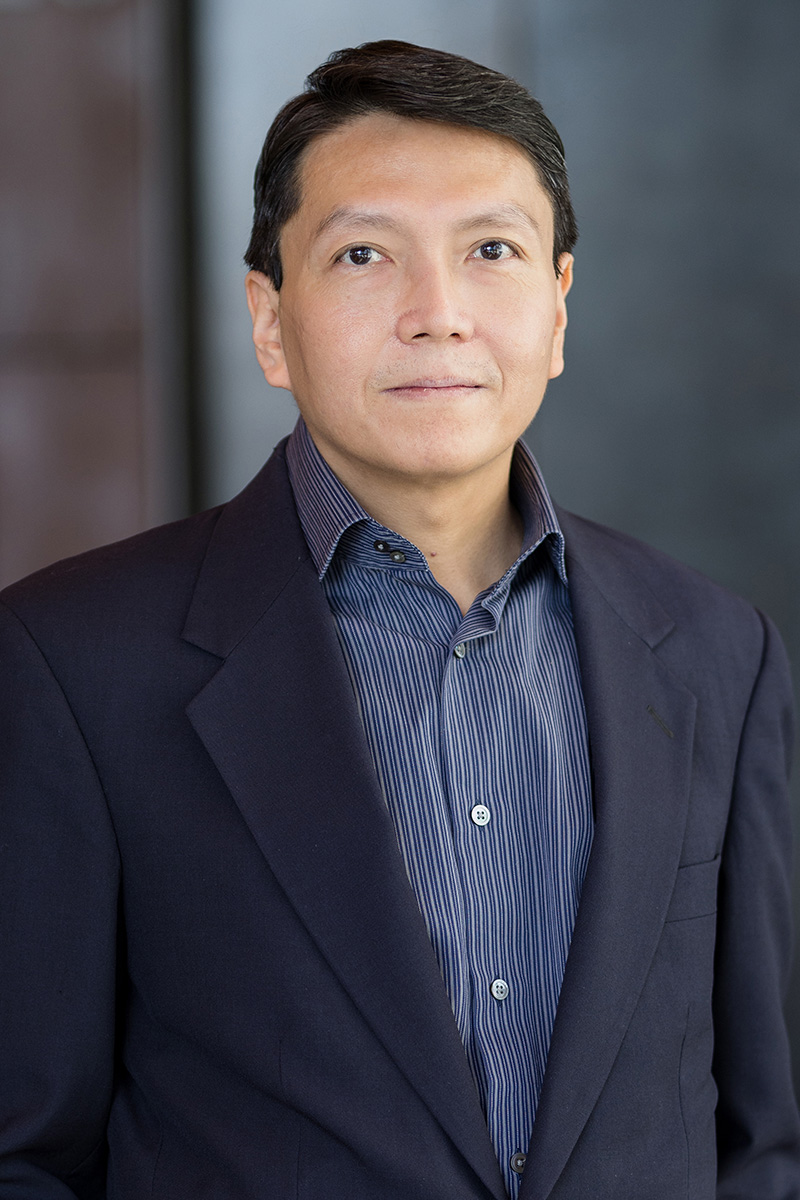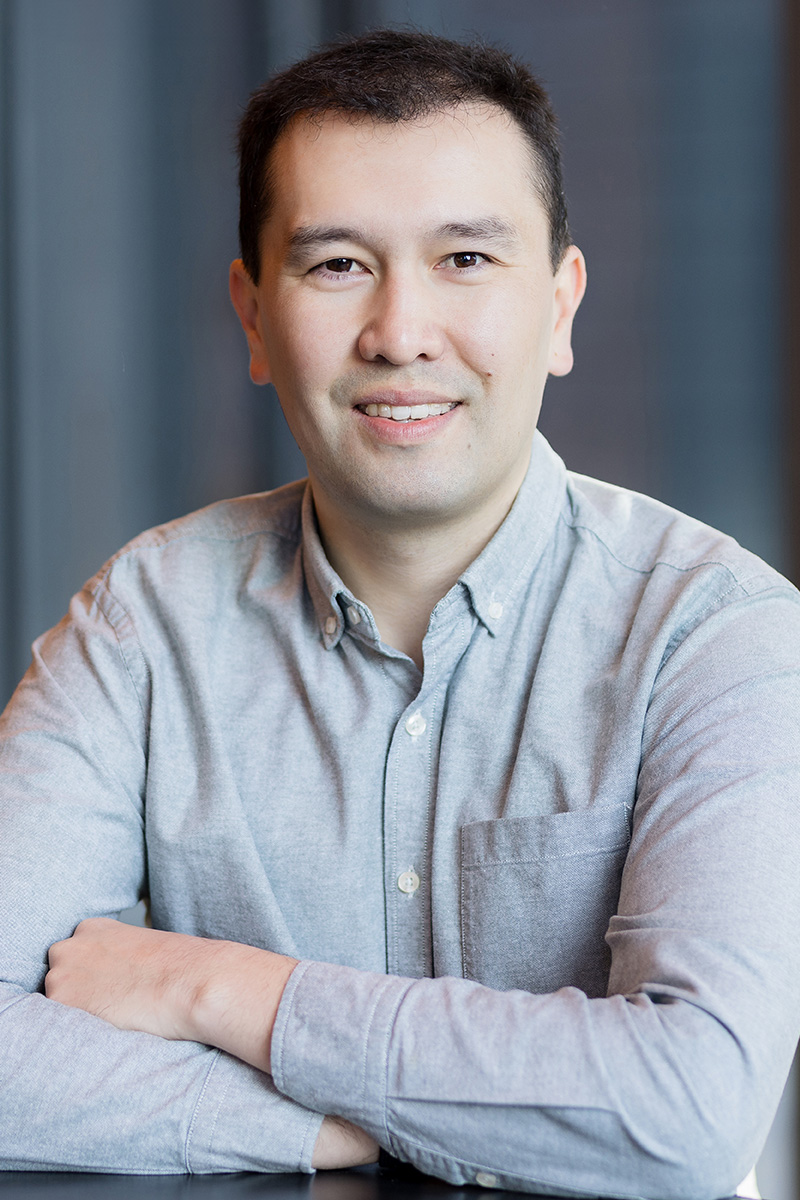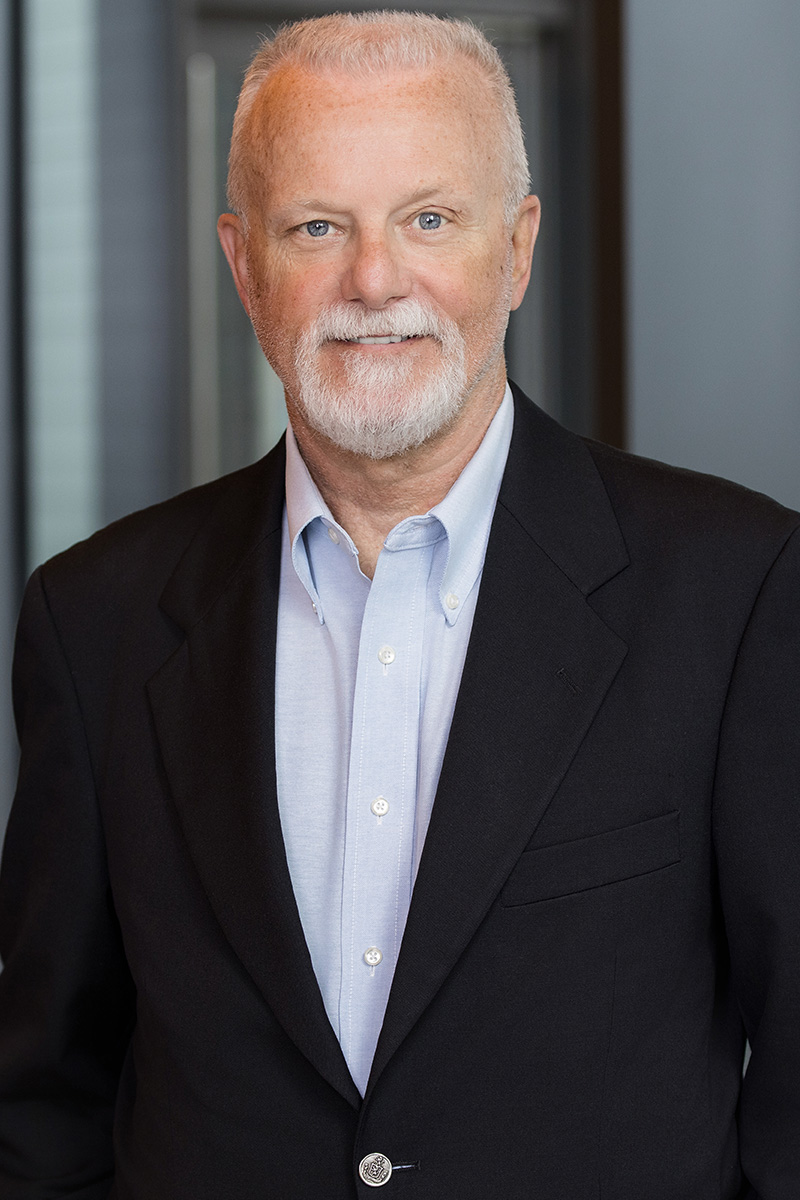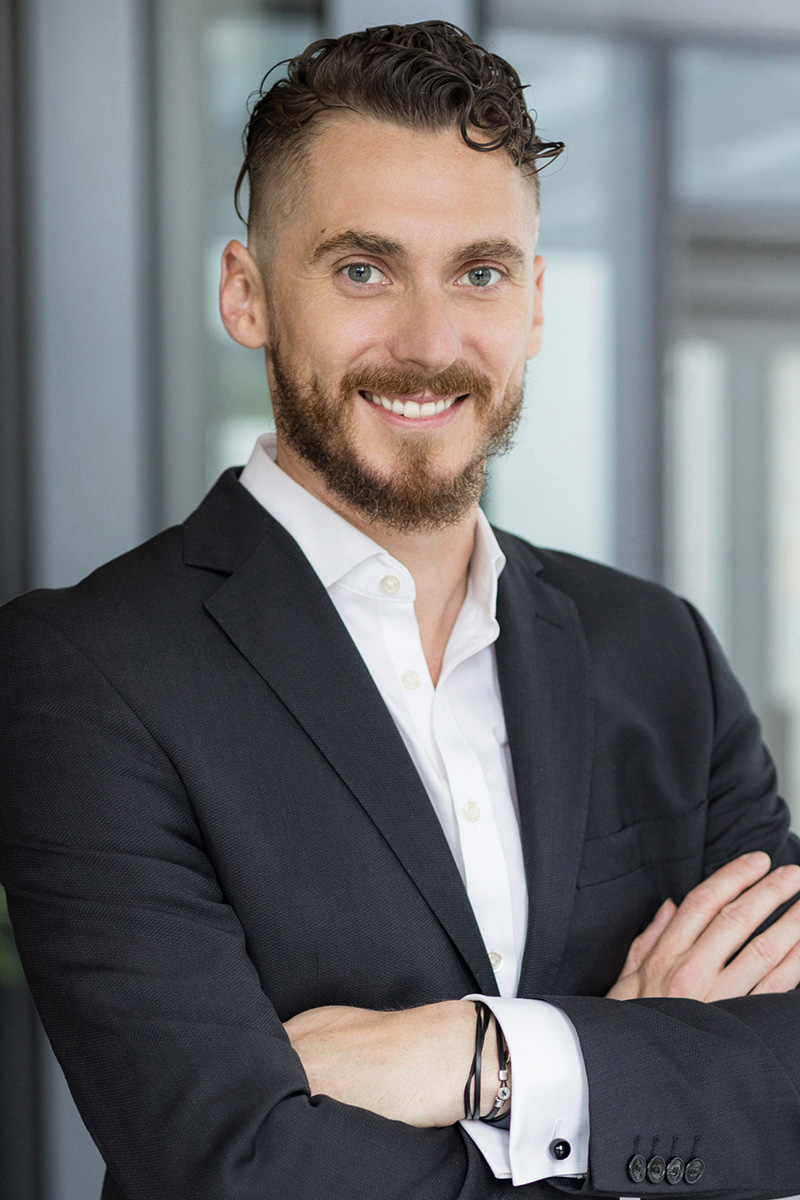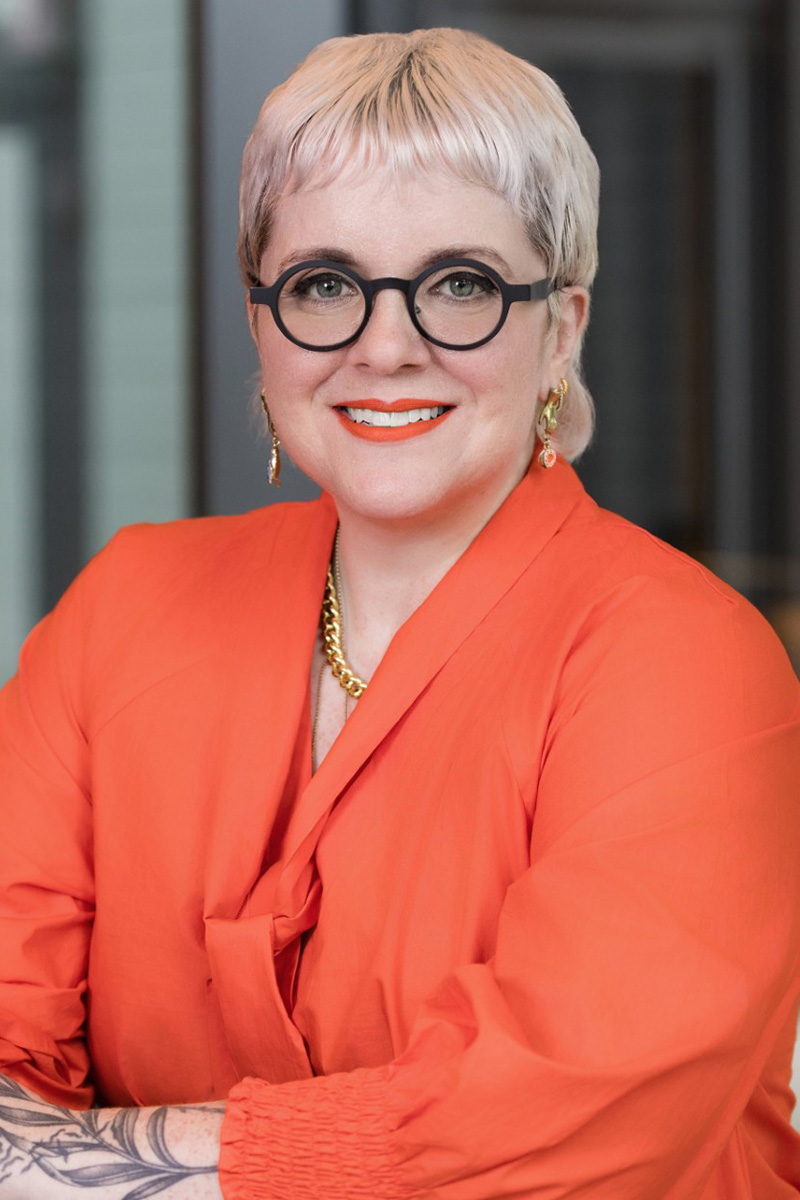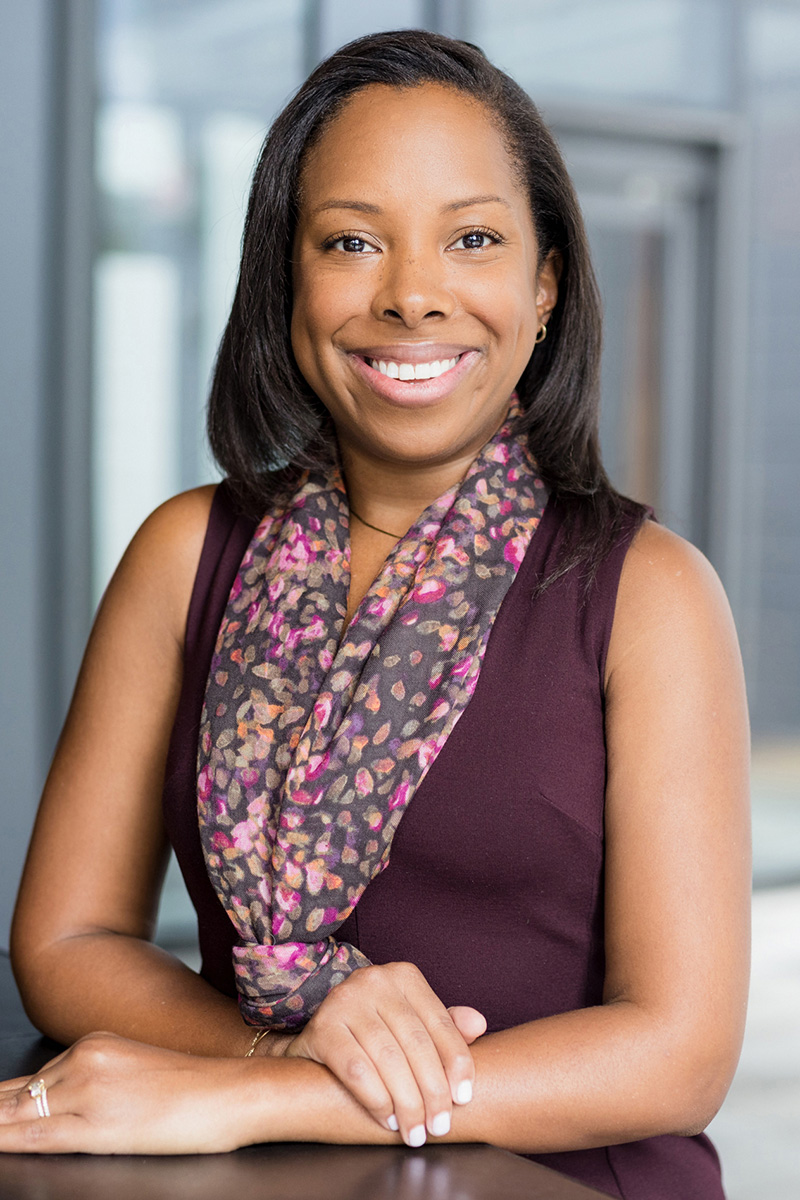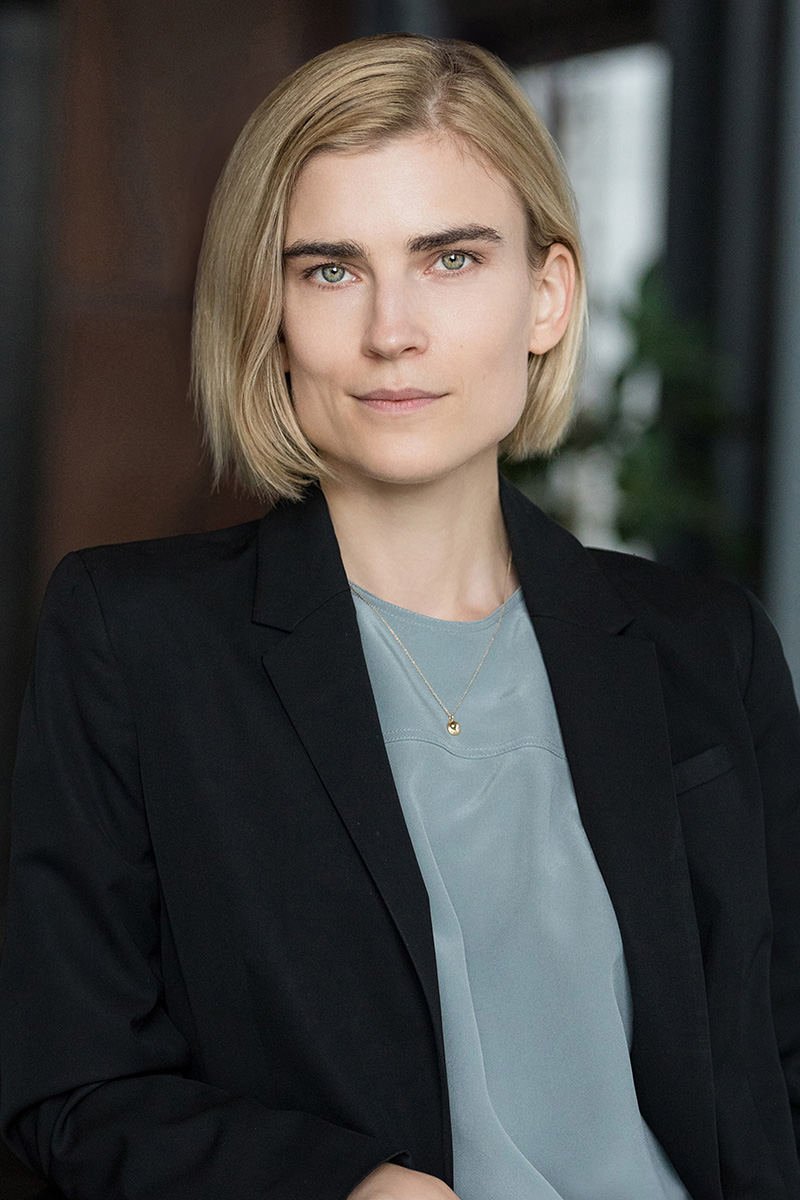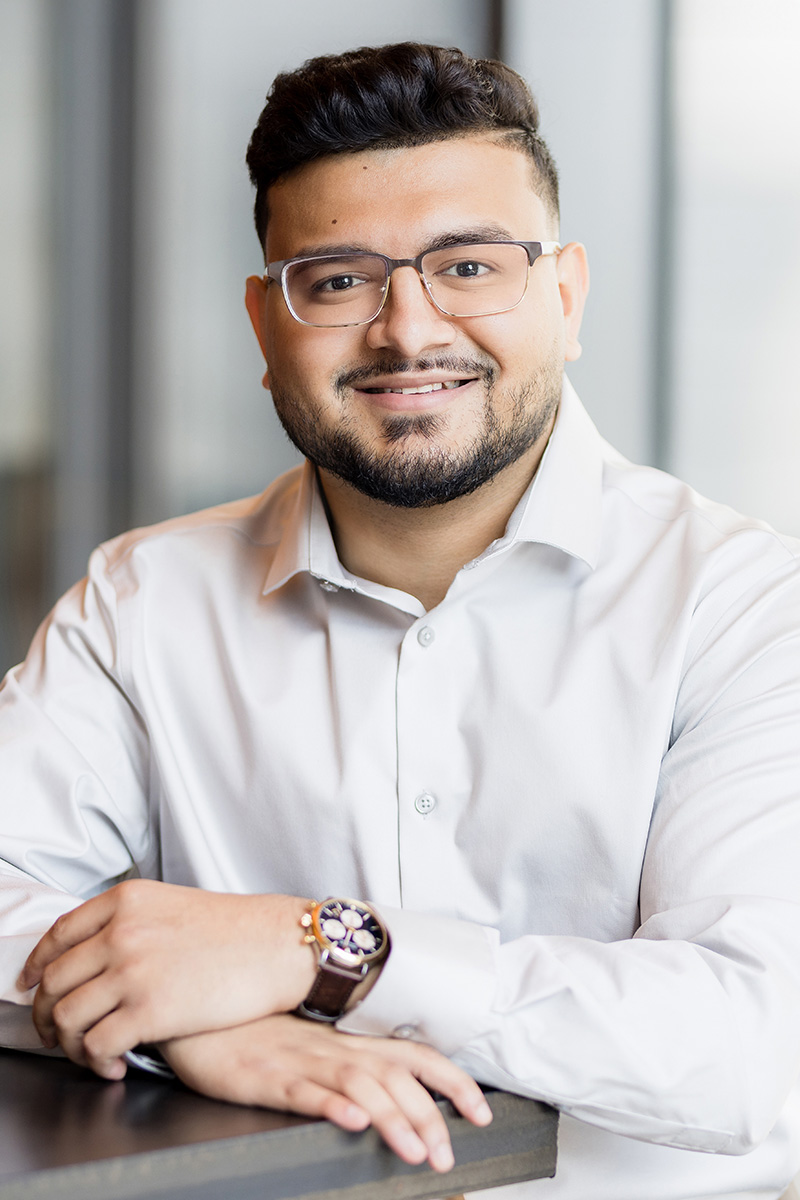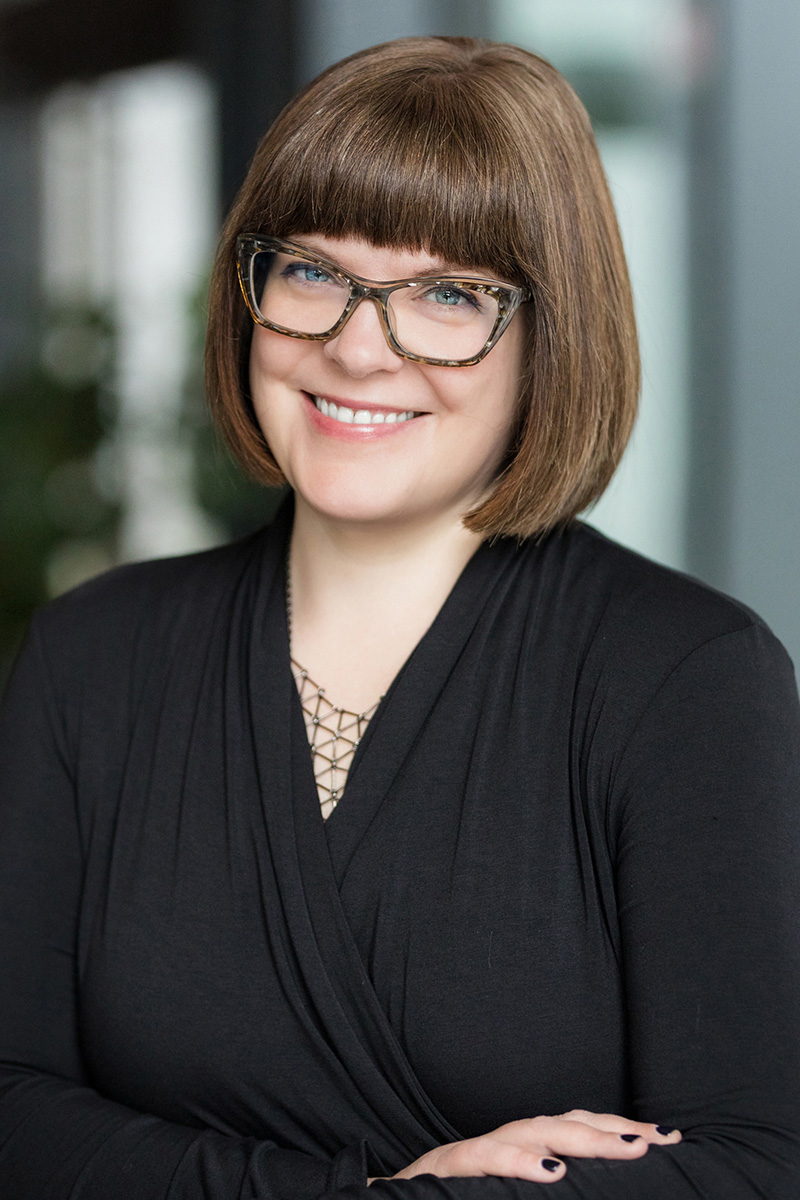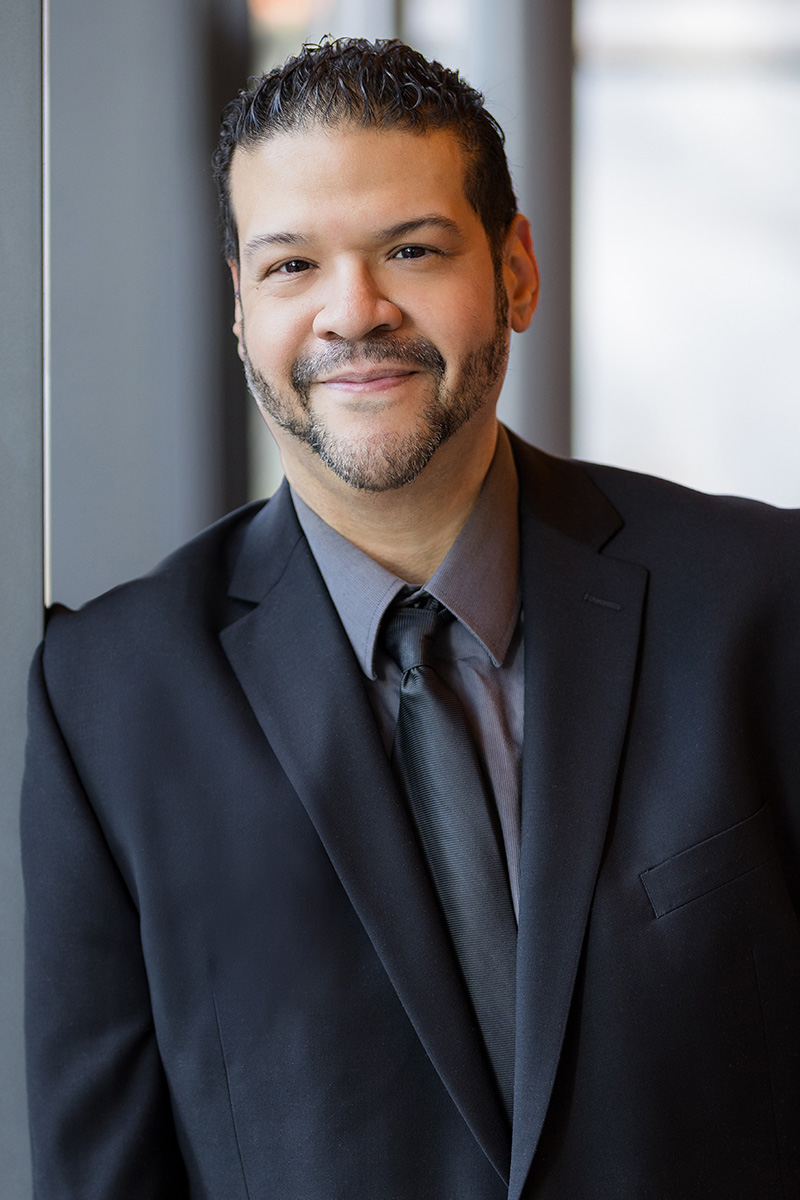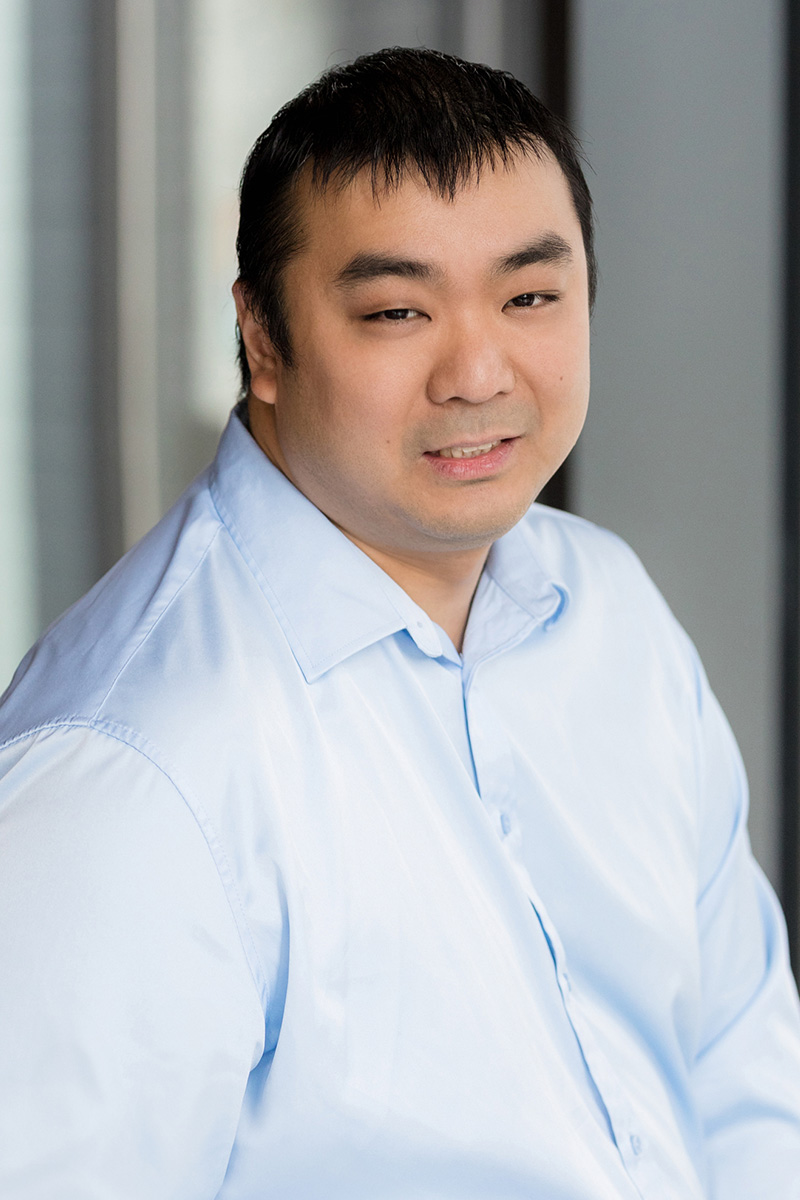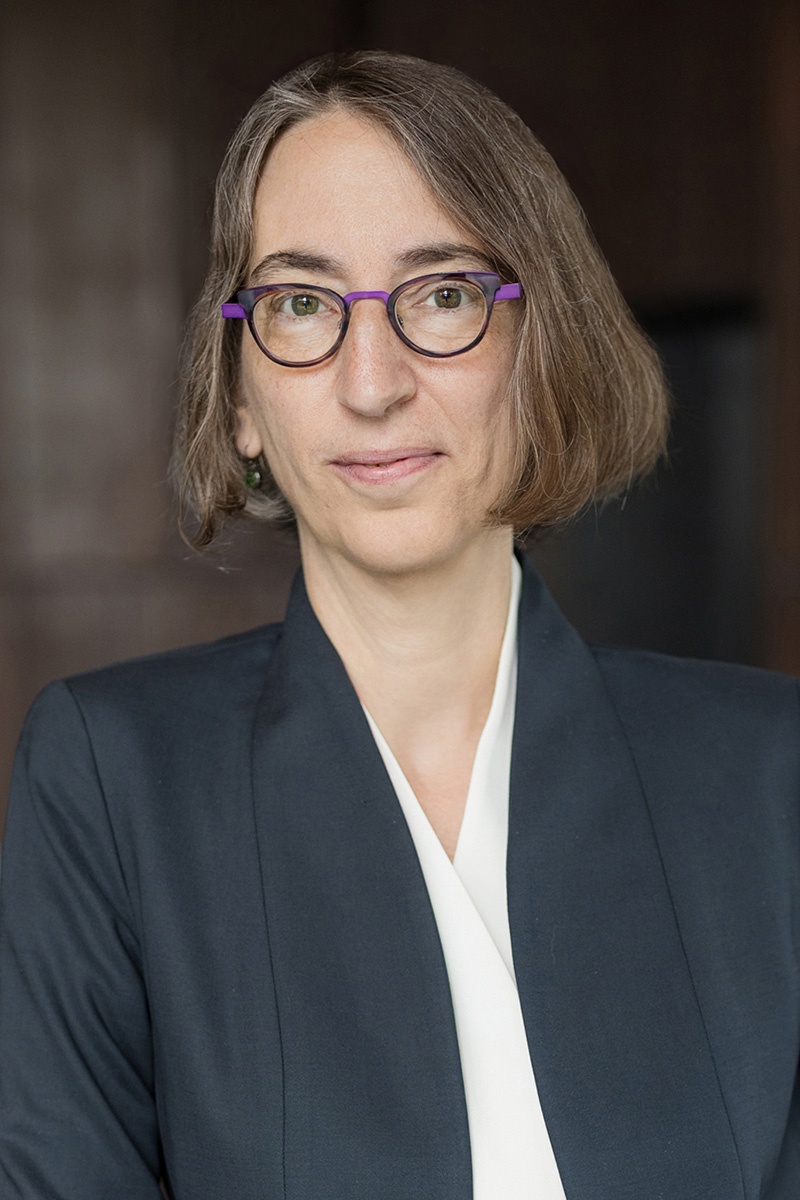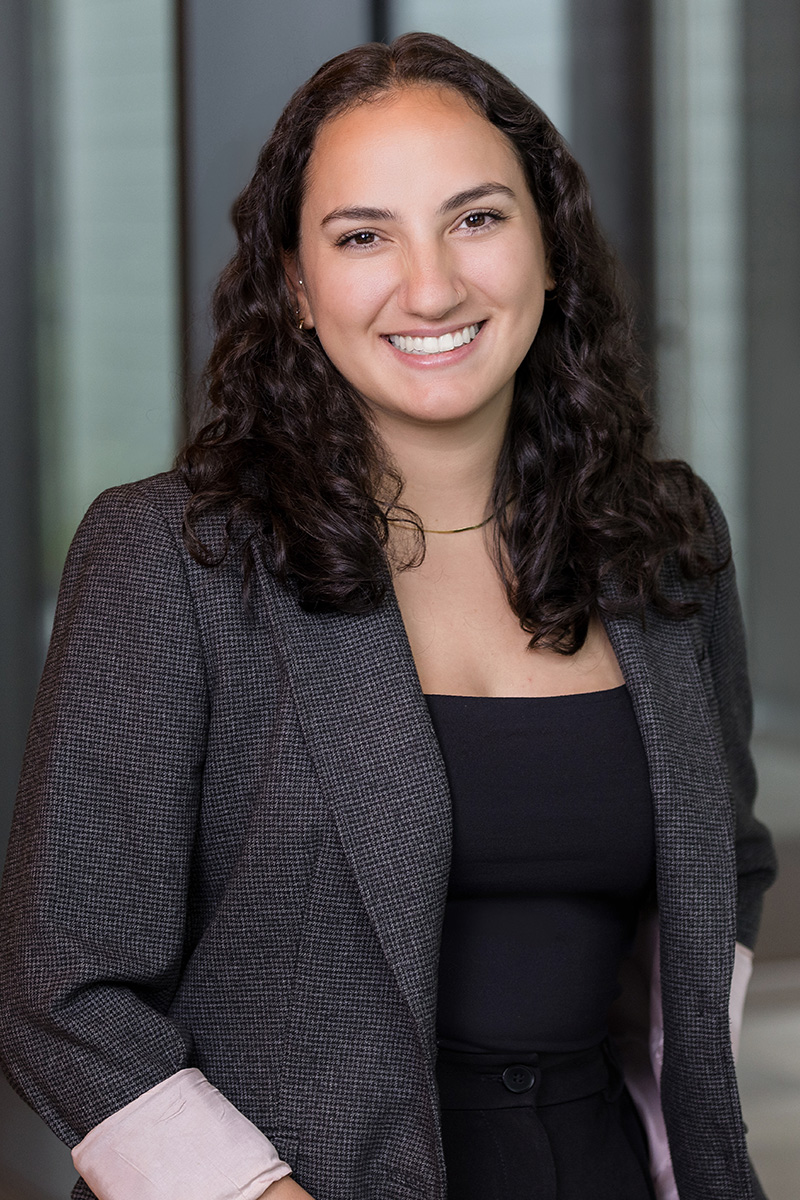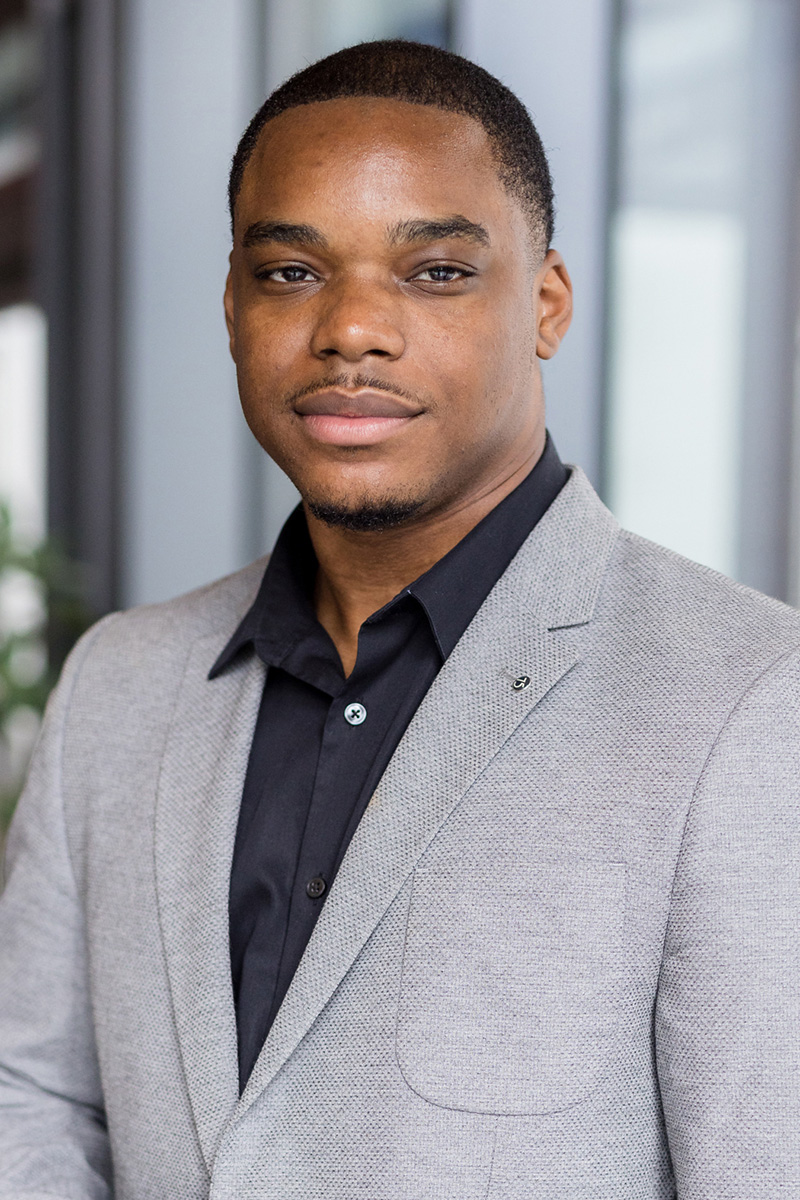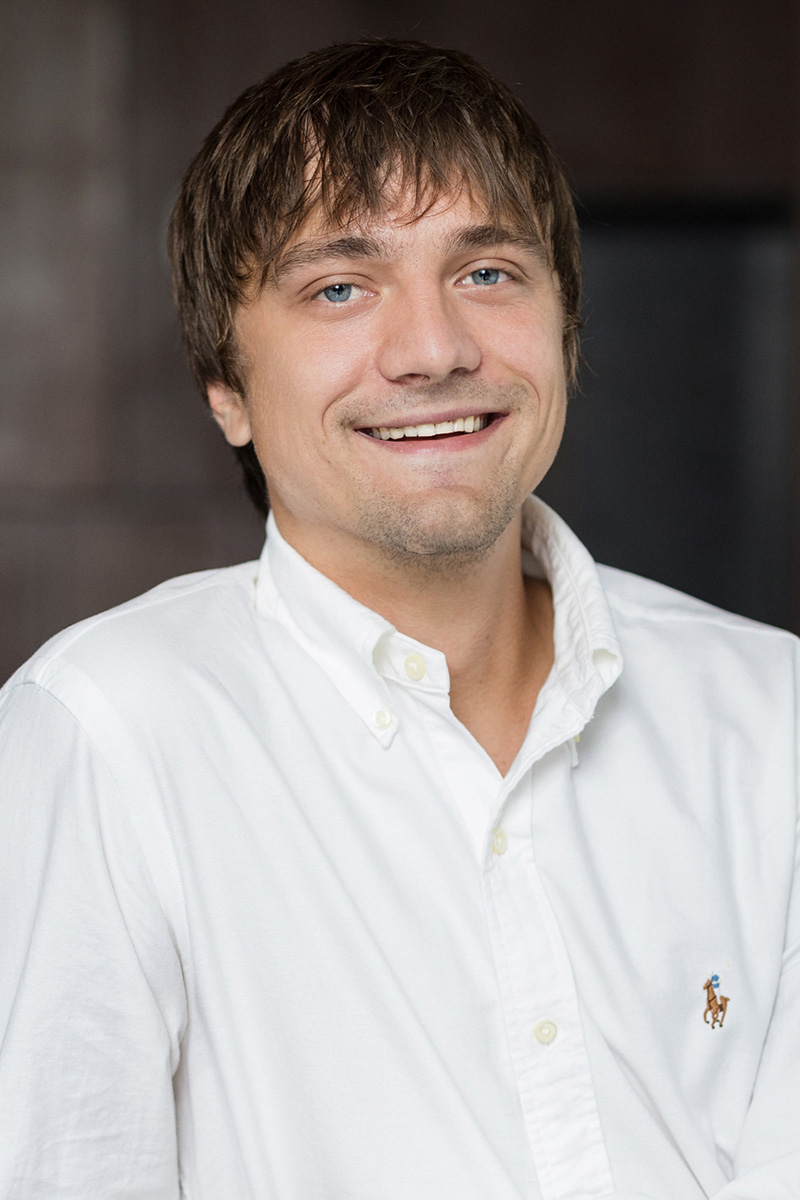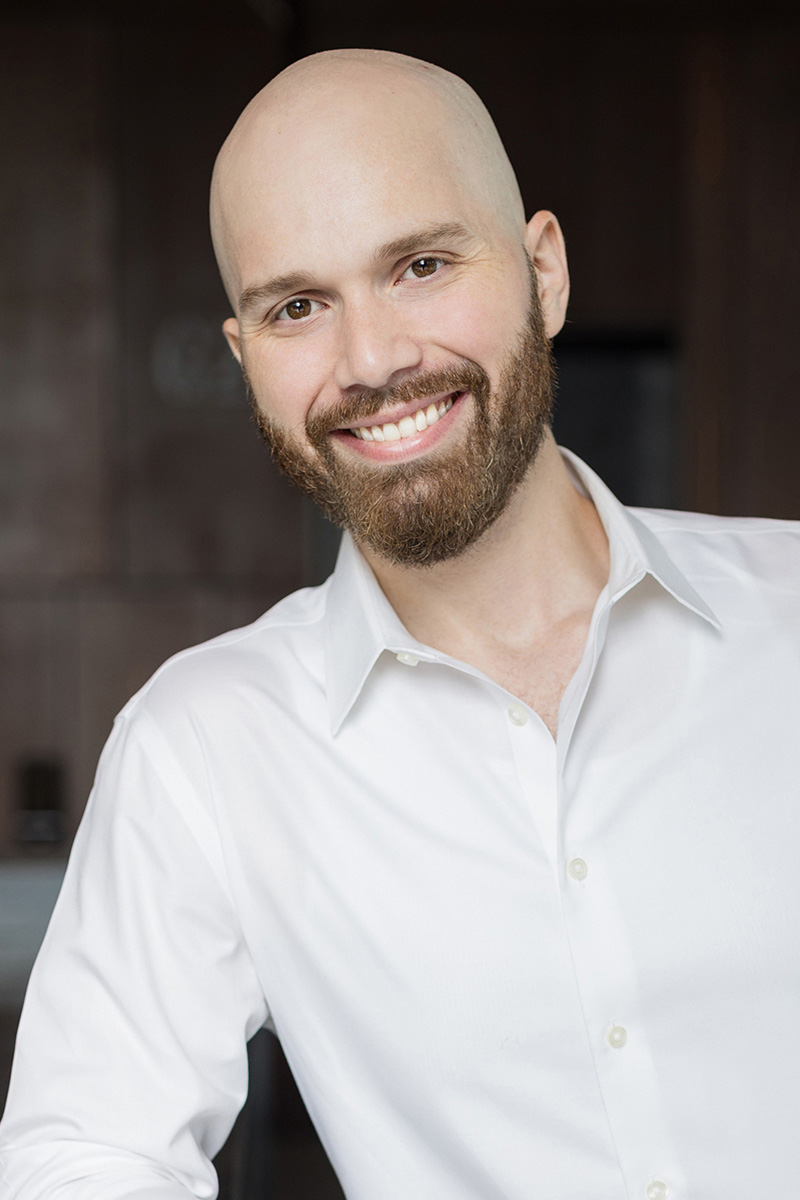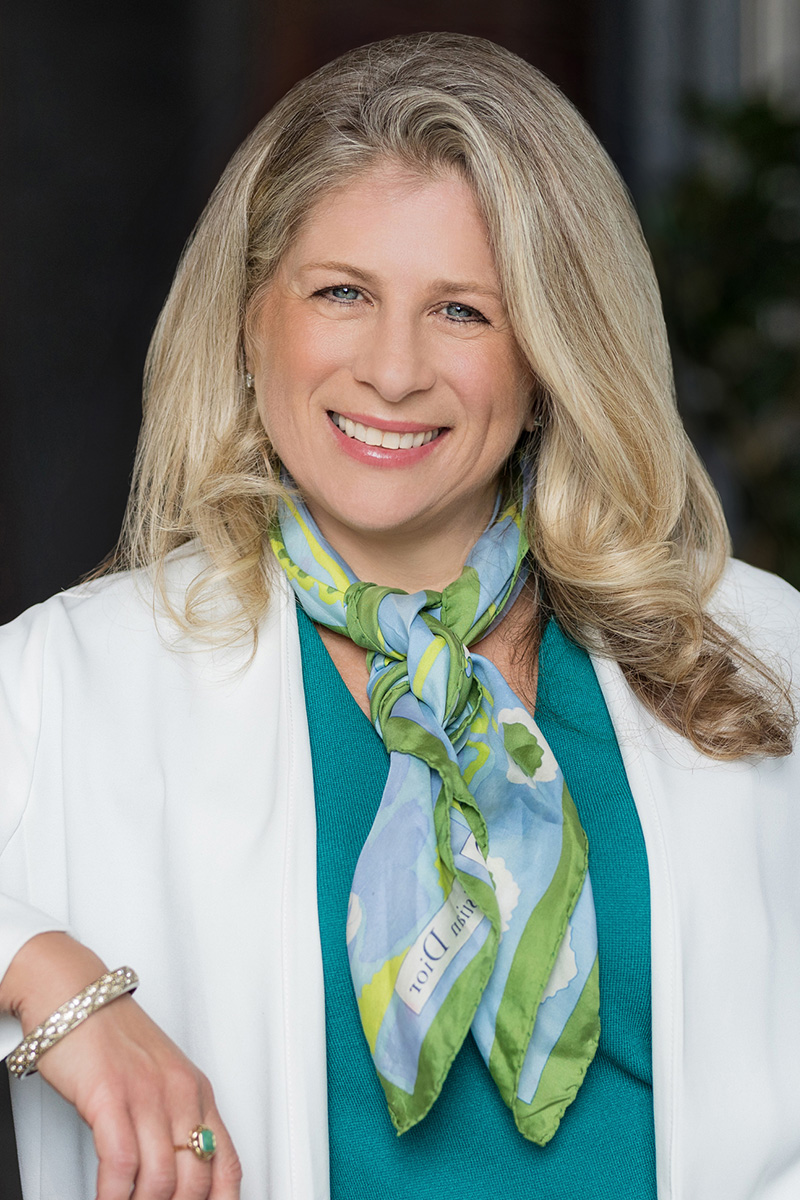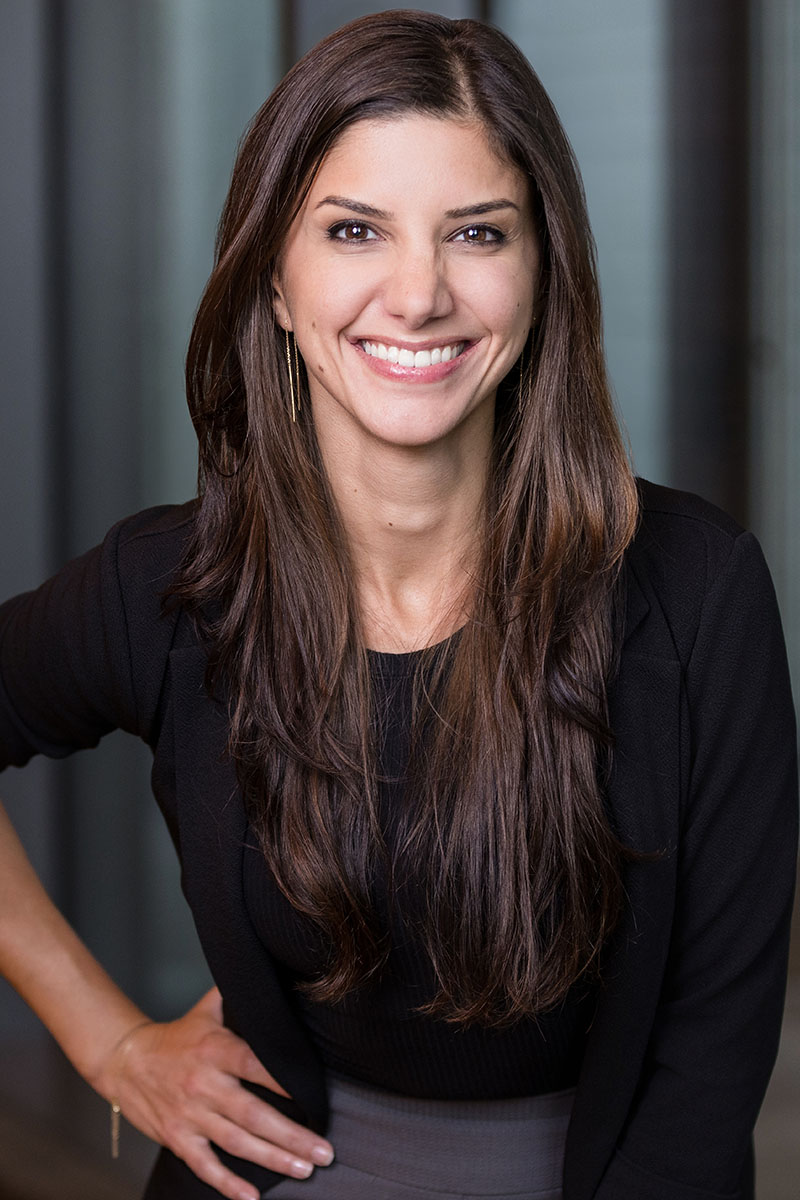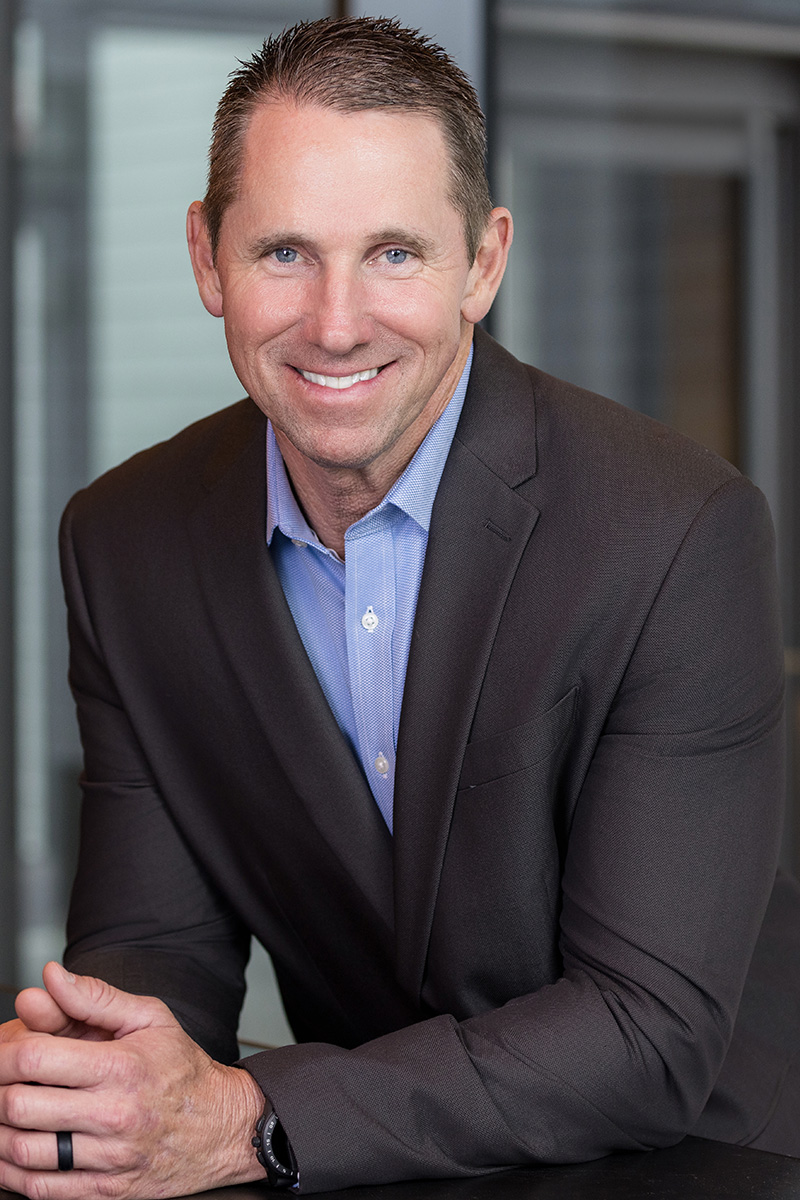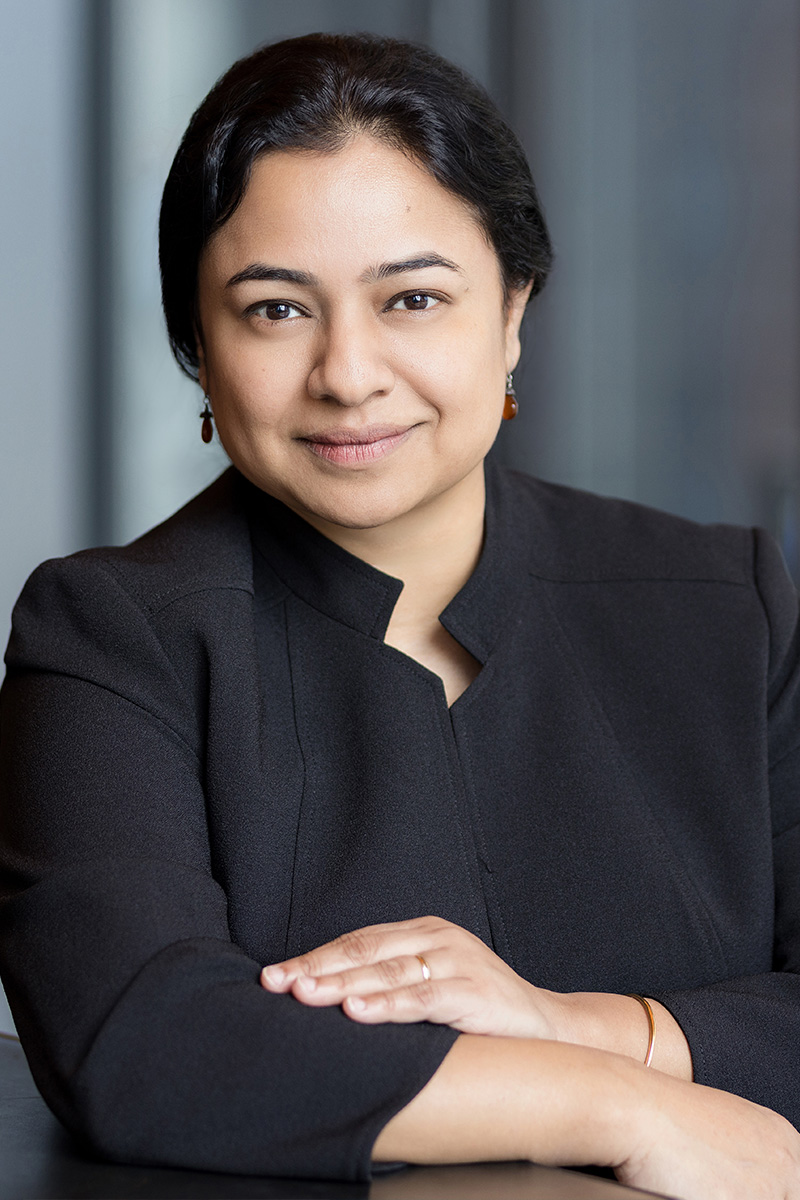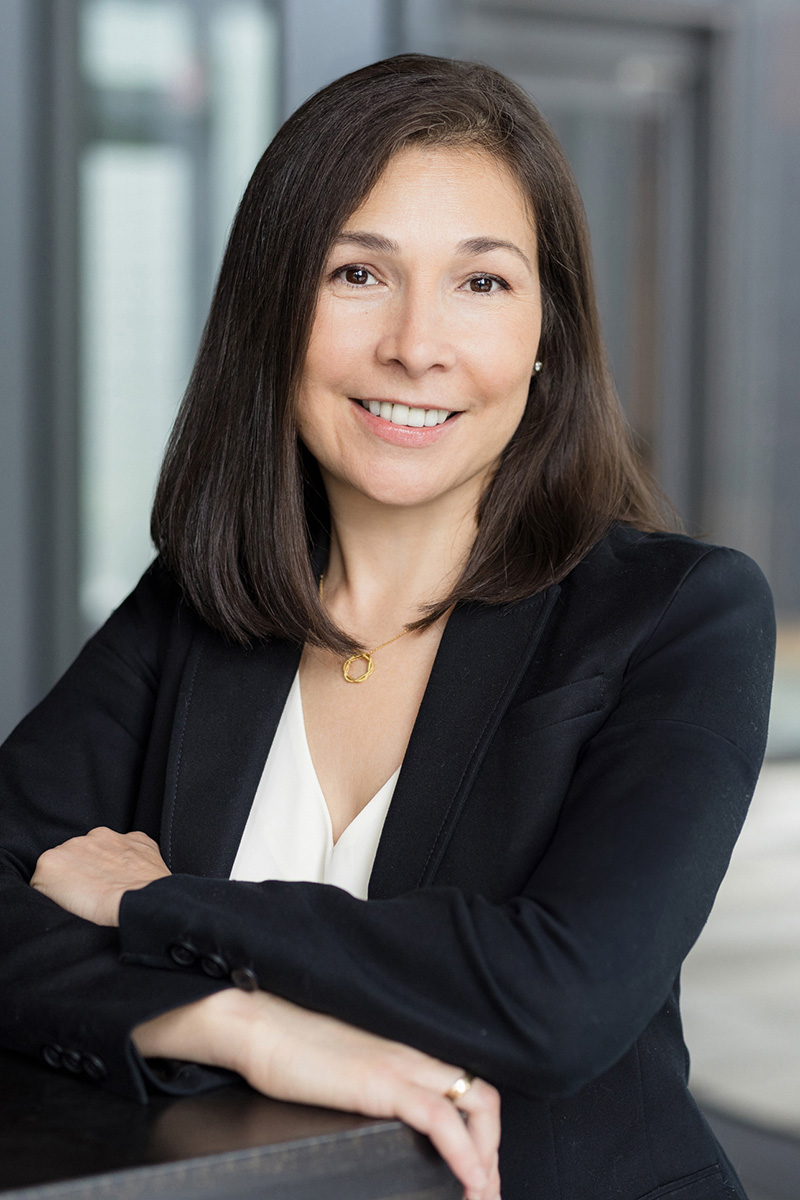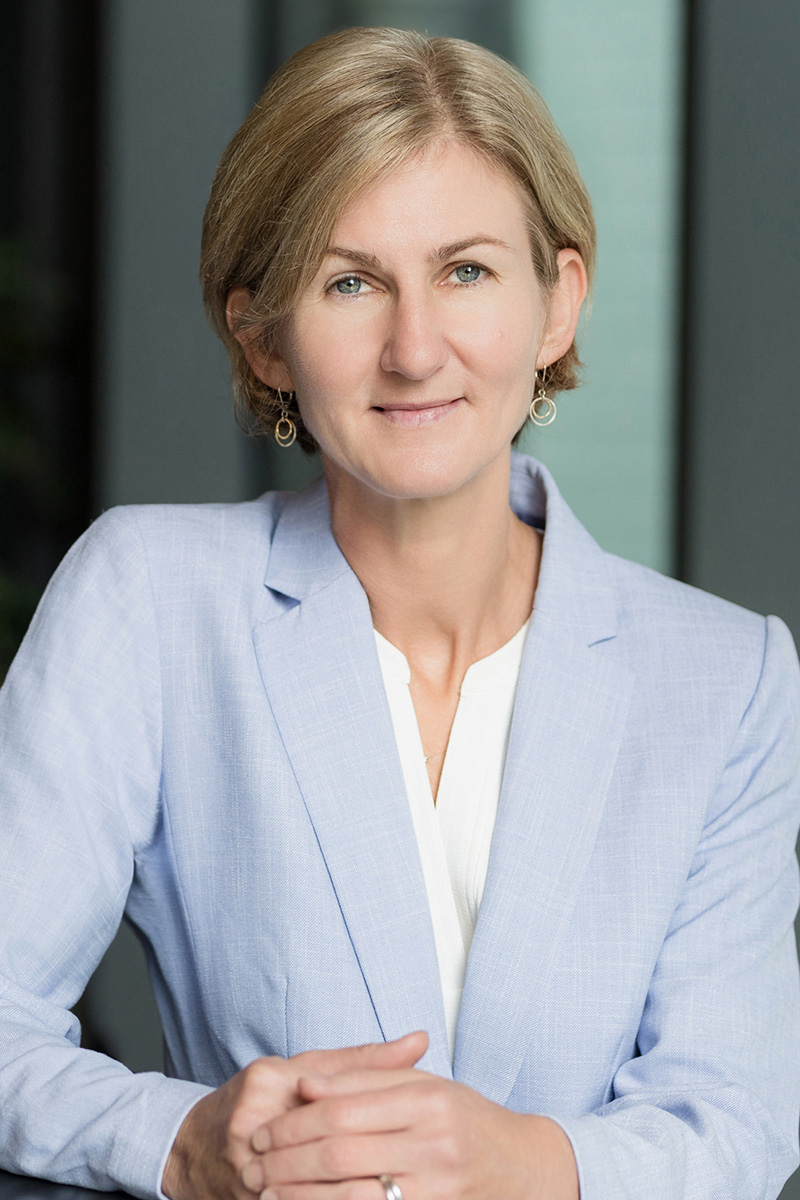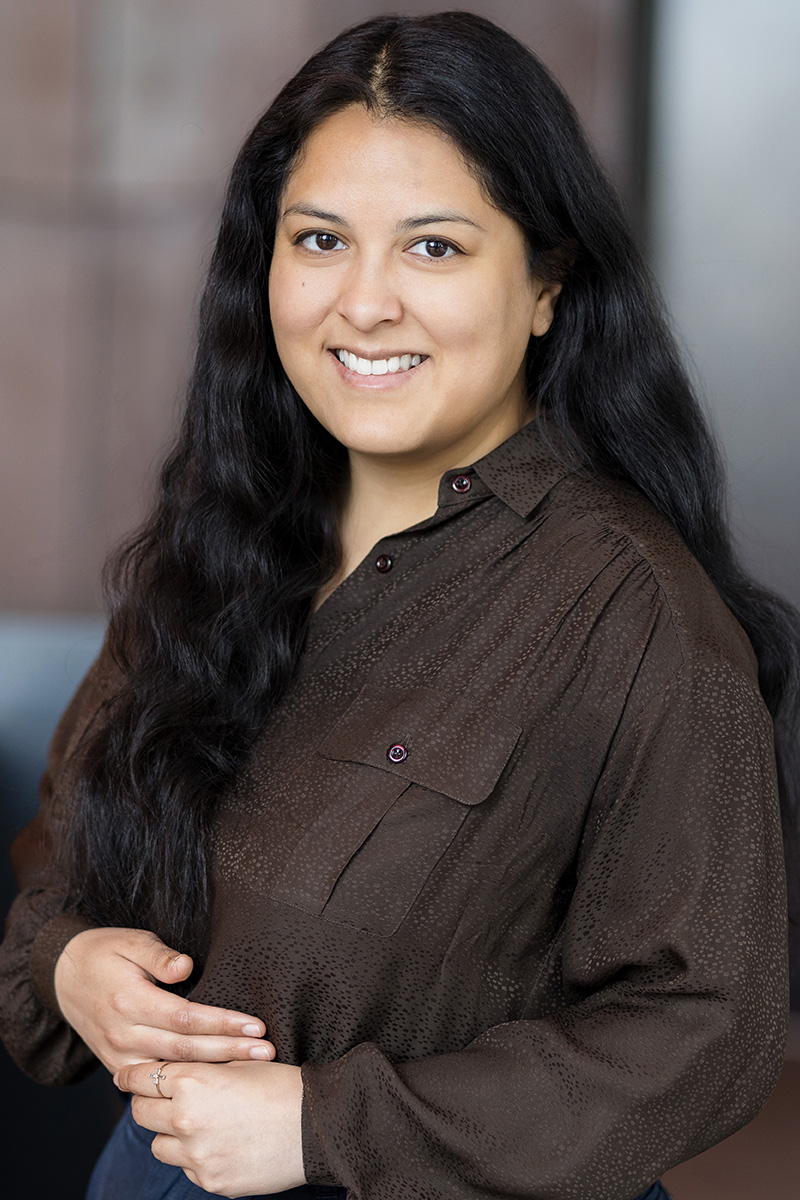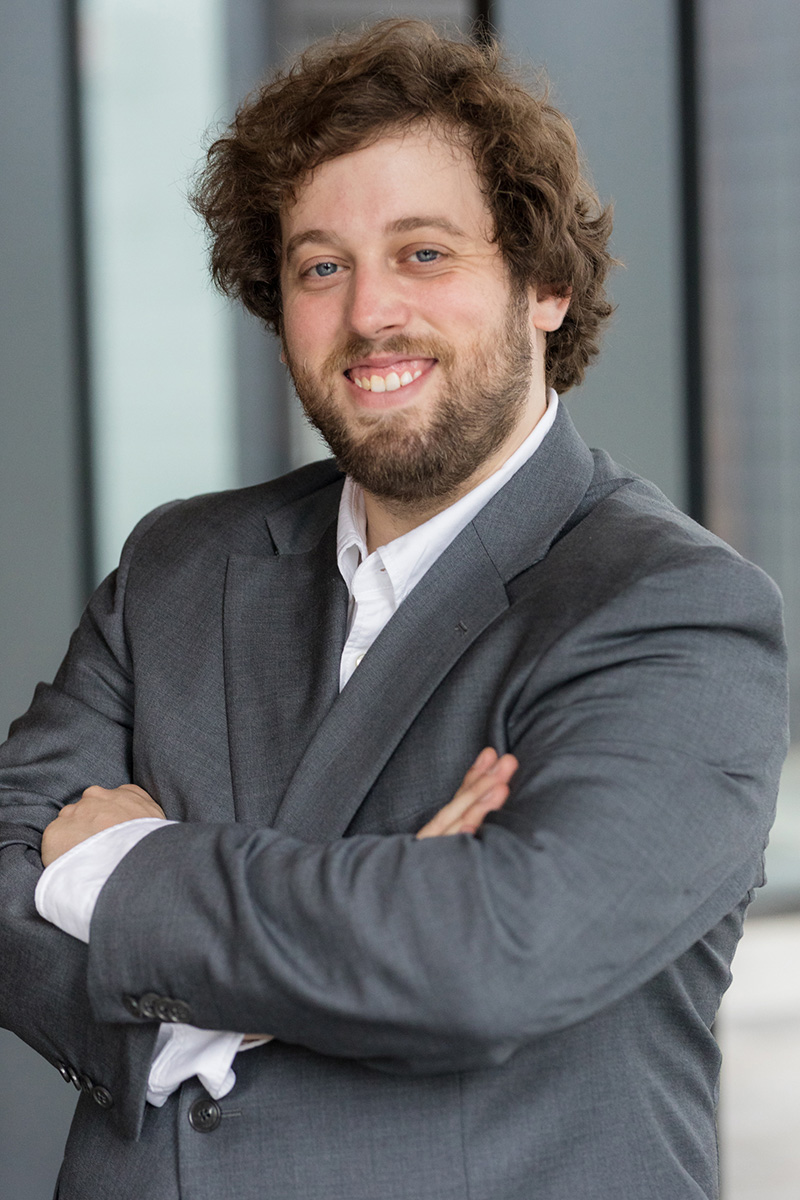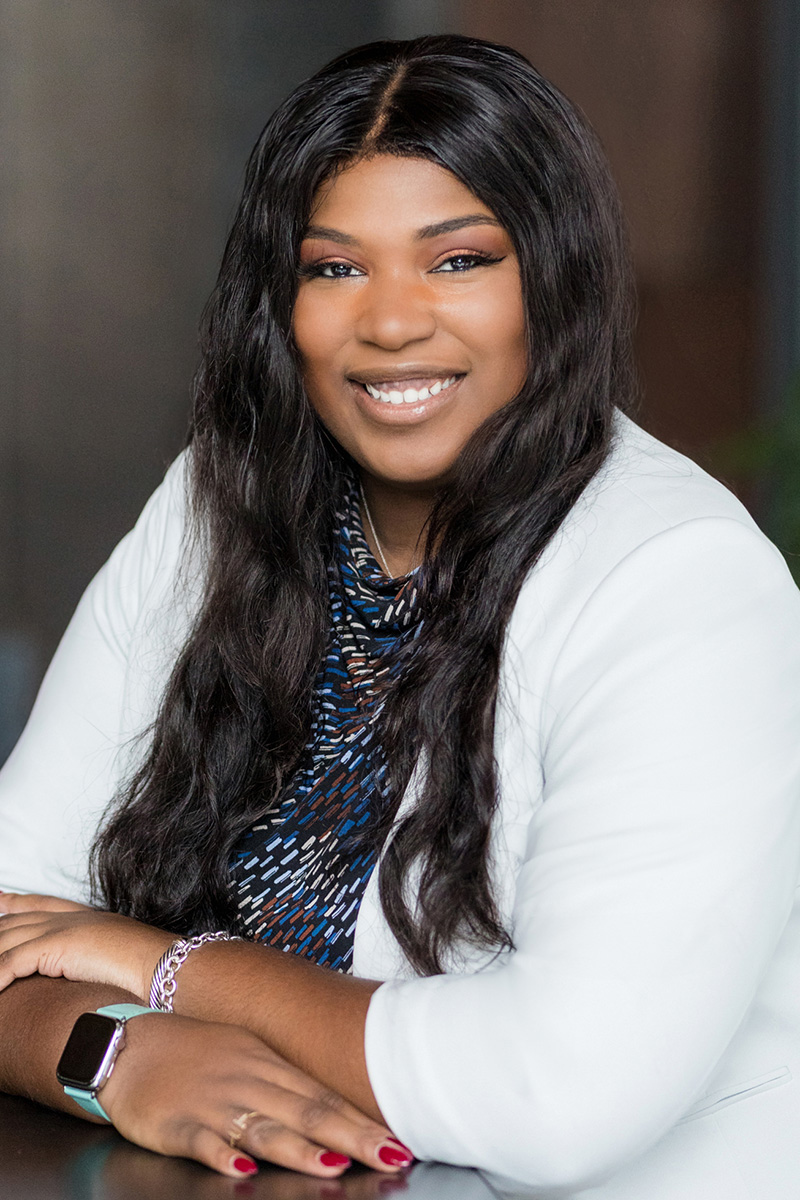Meet Our Team & Leadership
Our team is comprised of industry veterans and respected innovators from numerous fields collaborating to make Undue’s mission a reality. We lead with empathy and share a common goal: to end the medical debt crisis.
Diversity, Equity and Inclusion
At Undue Medical Debt, diversity, equity, and inclusion are central to our debt abolishment work. Our mission is to end medical debt. Medical debt, at its core, is an issue of equity: equitable access to affordable healthcare and economic security. We believe that debt abolishment is a powerful platform to spur systemic change and are committed to telling the diverse stories of our beneficiaries, ensuring their voices are included in every conversation about medical debt.
We are also dedicated to greater diversity and inclusion within our own organization, providing equal opportunity to every person regardless of race, ethnicity, religion, gender, sexual orientation, gender identification, ability, income, marital status, age, geographic location, and veteran status. We are committed to learning through engagement with each other, DEI training opportunities, and changes in organizational culture to be a welcoming and inclusive workplace.
We are committed to being an active participant in addressing equity. We aim to lead and are ready to learn. We recognize that the work of diversity, equity and inclusion is a process, not an outcome, and we are ready to grow and do the work. As an organization uniquely positioned to listen and witness lived-experiences of people struggling with medical debt and work in partnership with powerful stakeholders to advance our mission, we strive to include diversity, equity, and inclusion practices at the center of our daily work and hold our partners accountable to the same.
As such, the following principles guide our work internally and externally:
- All people, regardless of background, have equal elue in our communities and workplaces, though we must commit to elevating the voices of those with less agency due to historical inequity.
- Our health systems (and many others) were designed to help some and not others. Reimagining these systems is the pathway to diversity, equity, and inclusion.
- Inequities harm people and generationally deny some populations access to health and wealth.
- Awareness, self-reflection, and a commitment to growth are at the heart of diversity, equity, and inclusion work.
- Only through meaningful inclusion of diverse voices and experiences can we succeed in our efforts to include and serve all.
Join us in our commitment.

